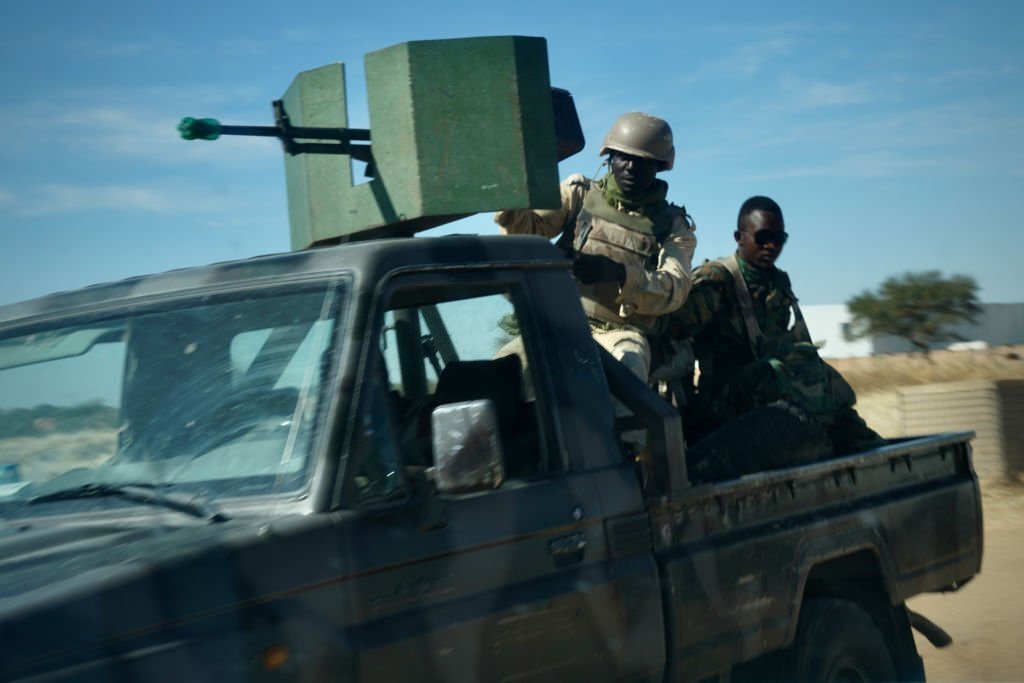In a tragic turn of events in western Niger, suspected jihadists launched an attack that resulted in the death of seven soldiers. In a subsequent response to this assault, a traffic mishap claimed the lives of five more soldiers. This comes at a pivotal time when Niger is actively seeking new military alliances.
Violent Encounter in Tillabéri
Defense Minister and General Salifou Mody, an appointee of the military regime that took power following a coup, reported that an anti-jihadist operation unit was ambushed in Kandadji, Tillabéri region. The unit, on a security mission, faced aggression from “several hundred terrorists”.
“Seven soldiers died in combat,” Mody disclosed. He further revealed the unfortunate incident that followed: “During the intervention in response to this attack, a tragic traffic accident resulted in the loss of five of our valiant soldiers.”
The aftermath of the attack and accident saw seven individuals injured, who have since been transported to medical facilities for treatment.
In a subsequent operation, the attackers’ motorcycles and weaponry were neutralized in the Tijiane area, a mere 20 km northeast of Ayorou. Mody emphasized that operations are ongoing to locate and neutralize the perpetrators.
A Nation Under Siege
The current leadership, composed of generals, came into power after a coup on July 26, which saw the ousting of elected president Mohamed Bazoum. The coup leaders cited the escalating security situation as the rationale behind their actions.
Niger grapples with jihadist threats on multiple fronts. In the southeast, the nation faces aggression from Boko Haram and its offshoot, Iswap (Islamic State in West Africa). Meanwhile, the western region, which includes Tillabéri, is troubled by similar jihadist activities, particularly in the “three borders” zone shared with Burkina Faso and Mali. This area has become a stronghold for jihadists affiliated with al-Qaeda and the Islamic State.
A previous attack in mid-August near the Niger-Burkina Faso border had resulted in the death of 17 Nigerien soldiers, marking it as the most lethal since the coup. Data from the NGO Acled indicates a surge in jihadist-related fatalities in Niger post-coup.
International Relations in Flux
Amidst this backdrop, Niger’s military regime has expressed its desire for the withdrawal of approximately 1,500 French troops stationed in the country as part of anti-jihadism efforts. French President Emmanuel Macron confirmed this exit, slated for the end of the year, after tensions between Paris and Niamey.
“Their withdrawal must be established within a negotiated framework,” was the response from the Nigerien authorities.
Adding to the diplomatic complexities, Sylvain Itté, the French ambassador to Niger, who had faced expulsion orders from the military regime and initial resistance from France, has now returned to Paris.
Furthermore, the United States, with a troop presence of 1,100 in Niger, is currently reassessing its military strategy and considering a potential pullout.
In light of these developments, Niger, along with neighbors Mali and Burkina Faso (both of which have experienced coups), is on the lookout for new military allies. Together, they have formed the Alliance of Sahel States (AES) to foster defense cooperation.














